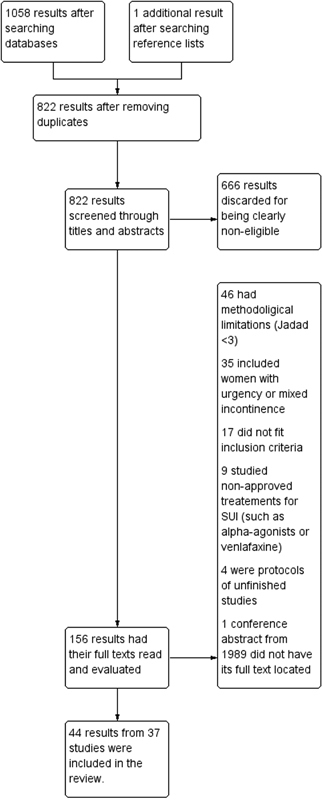-
Review Article
Common Dysregulated Genes in Endometriosis and Malignancies
Revista Brasileira de Ginecologia e Obstetrícia. 2016;38(5):253-262
05-01-2016
Summary
Review ArticleCommon Dysregulated Genes in Endometriosis and Malignancies
Revista Brasileira de Ginecologia e Obstetrícia. 2016;38(5):253-262
05-01-2016Views115See moreAbstract
Several authors have investigated the malignant transformation of endometriosis, which supports the hypothesis of the pre-neoplastic state of endometriotic lesions, but there are few data about the pathways and molecular events related to this phenomenon. This review provides current data about deregulated genes that may function as key factors in the malignant transition of endometriotic lesions. In order to do so, we first searched for studies that have screened differential gene expression between endometriotic tissues and normal endometrial tissue of women without endometriosis, and found only two articles with 139 deregulated genes. Further, using the PubMed database, we crossed the symbol of each gene with the terms related to malignancies, such as cancer and tumor, and obtained 9,619 articles, among which 444 were studies about gene expression associated with specific types of tumor. This revealed that more than 68% of the analyzed genes are also deregulated in cancer. We have also found genes functioning as tumor suppressors and an oncogene. In this study, we present a list of 95 informative genes in order to understand the genetic components that may be responsible for endometriosis' malignant transformation.
However, future studies should be conducted to confirm these findings.



